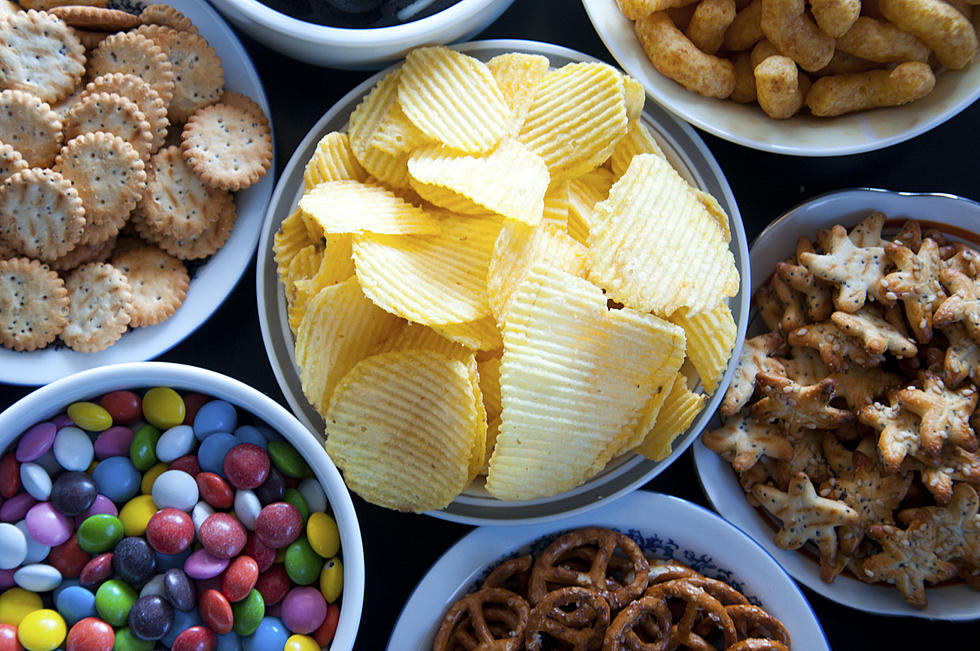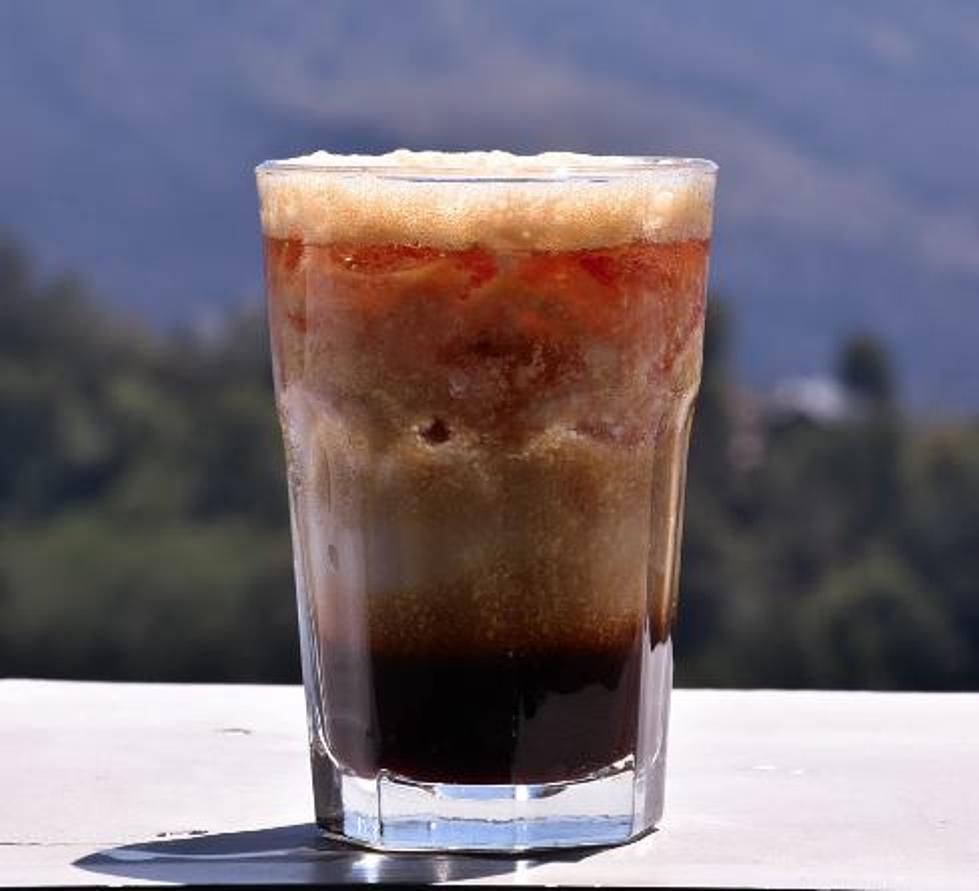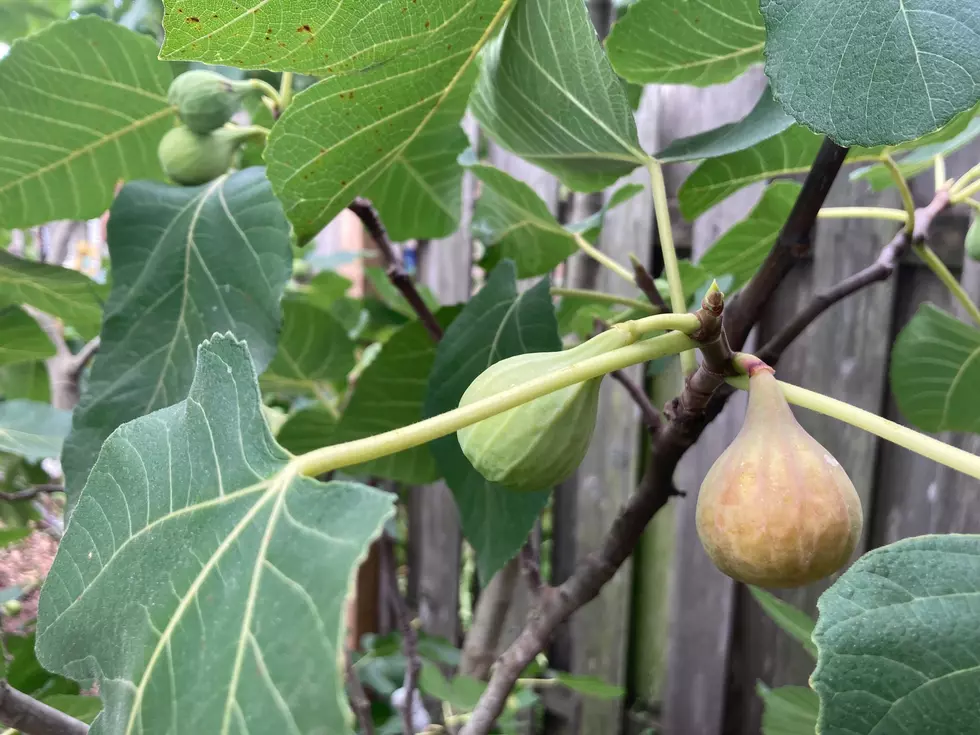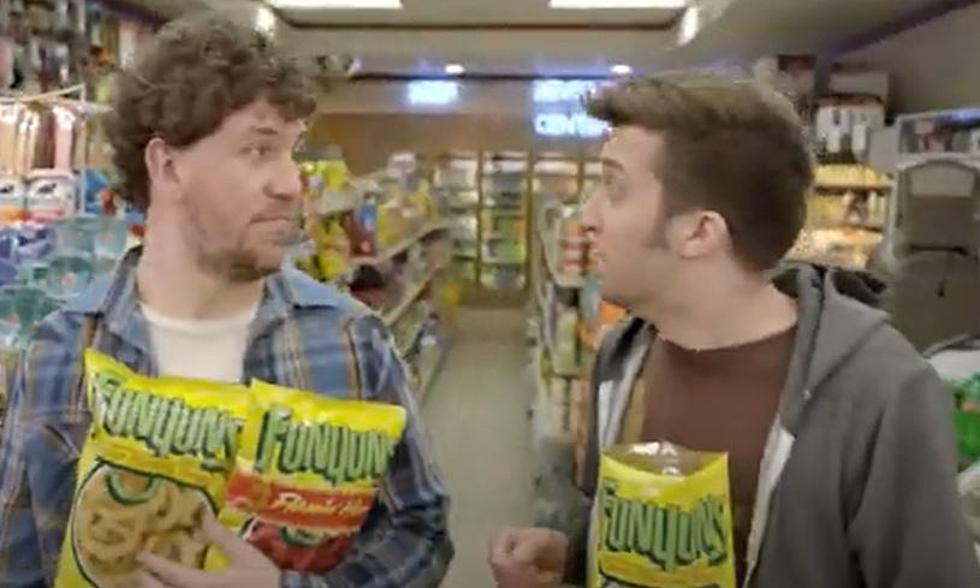
These 20 Common U.S. Foods Are Banned in Other Countries
Living in the US, we are used to having access to our favorite foods. Whether its what we want to cook for supper, breakfast choices, or even sweet treats. We have access to them at just about any store we go to.
What some may not know is that it's not the same for folks in other countries. There are a number of foods and even drinks that are banned in countries around the world for reasons that might have you thinking twice about eating them.
According to a recent article, these are 20 of those foods that are banned in countries outside of the US:
1. Farm-raised Salmon
The salmon we buy at the store is usually pumped with astaxanthin which is used to give it the coral color we are used to seeing. Farm-raised salmon of this kind is banned in Australia and New Zealand.
2. Mountain Dew
This drink is said to contain brominated vegetable oil (BVO) which is banned in Japan and the European Union.
3. Little Debbie Swiss Rolls
This snacking favorite contains Yellow dye 5 and Red dye 40. The European Union now permits it, but it is banned in Norway and Austria.
4. Frosted Flakes, Honey Bunches of Oats, and Rice Krispies
These popular cereals contains a flavor enhancer called BHT. Although scientific research hasn't conclusively proven harmful effects, the cereals are banned in Japan and the European Union.
5. Coffee-Mate Creamer
These creamers contain trans fats like hydrogenated soybean and cottonseed oils. They have both been linked to heart disease. These trans fats are limited in countries including Switzerland, Austria, Hungary, Iceland, Norway, and Denmark.
6. Drumsticks
Because this fan favorite contains carrageenan which adds texture to the ice cream, it is limited in the European Union.
7. Skittles
This candy staple contains dyes Yellow 5, Yellow 6, and Red 40. These dyes are banned for infants in the European Union, and Norway and Austria have banned them totally.
8. Wheat Thins
These tasty snacks contain BHT in the packaging which is banned in the United Kingdom, Japan, and parts of Europe.
9. Gatorade
We all love this drink for its hydrating benefits, but it does contain dyes Yellow 5 and 6. Along with being banned from infants in the European Union, these dyes are completely banned in Norway and Austria.
10. Pop-Tarts
Once again, these favorites contain dyes Yellow 5 and 6 as well as Red dye 40 which are partially banned in the European Union.
11. Lucky Charms
Like a few of the above, this tasty cereal contains Yellow dyes 5 and 6 and Red dye 40. This means that they are limited in the European Union and completely banned in Norway and Austria.
12. Tostitos Salsa Con Queso Dip
These yellow dyes are everywhere. This yummy queso contain numbers 5 and 6 which are banned in Norway and Austria.
13. Ritz Crackers
Just like Coffee Mate creamer, these crackers contain partially hydrogenated cottonseed oil. This trans fat is banned in countries including Switzerland, Austria, Hungary, Iceland, Norway, and Denmark.
14. Fresca
This tasty soda is created by the Coca-Cola Company and contains bromine which is a flame retardant. Its used to prevent separation of ingredients and is also banned in Europe.
15. Pillsbury Biscuits
This is another trans fat issue. The biscuits contain partially hydrogenated soybeen oil which is known to cause heart disease. It is banned in Switzerland, Austria, Hungary, Iceland, Norway, and Denmark.
16. Sunkist
To create it's coloring, this drink contains dyes that are restricted in Europe.
17. Betty Crocker Fudge Brownie Mix
They are yummy but once again have a trans fat issue. The mix contains partially hydrogenated soybeen and/or cottonseed oils which are limited in Switzerland, Austria, Hungary, Iceland, Norway, and Denmark.
18. Pillsbury Pie Crust
Because the mix contains BHA and BHT, which have been linked to blood clots, these are banned in the United Kingdom, Japan, and parts of Europe.
19. Raspberry Jell-O
This one was probably easy to guess, but this jell-o mix contains Red dye 40 which is limited in Europe and banned in Norway and Austria.
20. High Fructose Corn Syrup
Many folks here in the US actually try to steer away from foods containing this ingredient because it is linked to Type 2 diabetes. However, it is banned in the United Kingdom and limited in some European countries.
Its true that we never truly know what we are putting in our bodies or our children's bodies.
Most of these foods are staples in households across the US and that likely will not change. I know that I currently have at least five of these in my pantry at home, and I have no intention of throwing them out.
However, we know that our practices aren't the same as those in other countries around the world. So it isn't too much of a shock that there are bans or limitations on them elsewhere.
My question is, has this changed your outlook on what you're putting in your buggy at the grocery store?
11 Products That Were Invented to be Used for Something Else
More From 97.3 The Dawg









